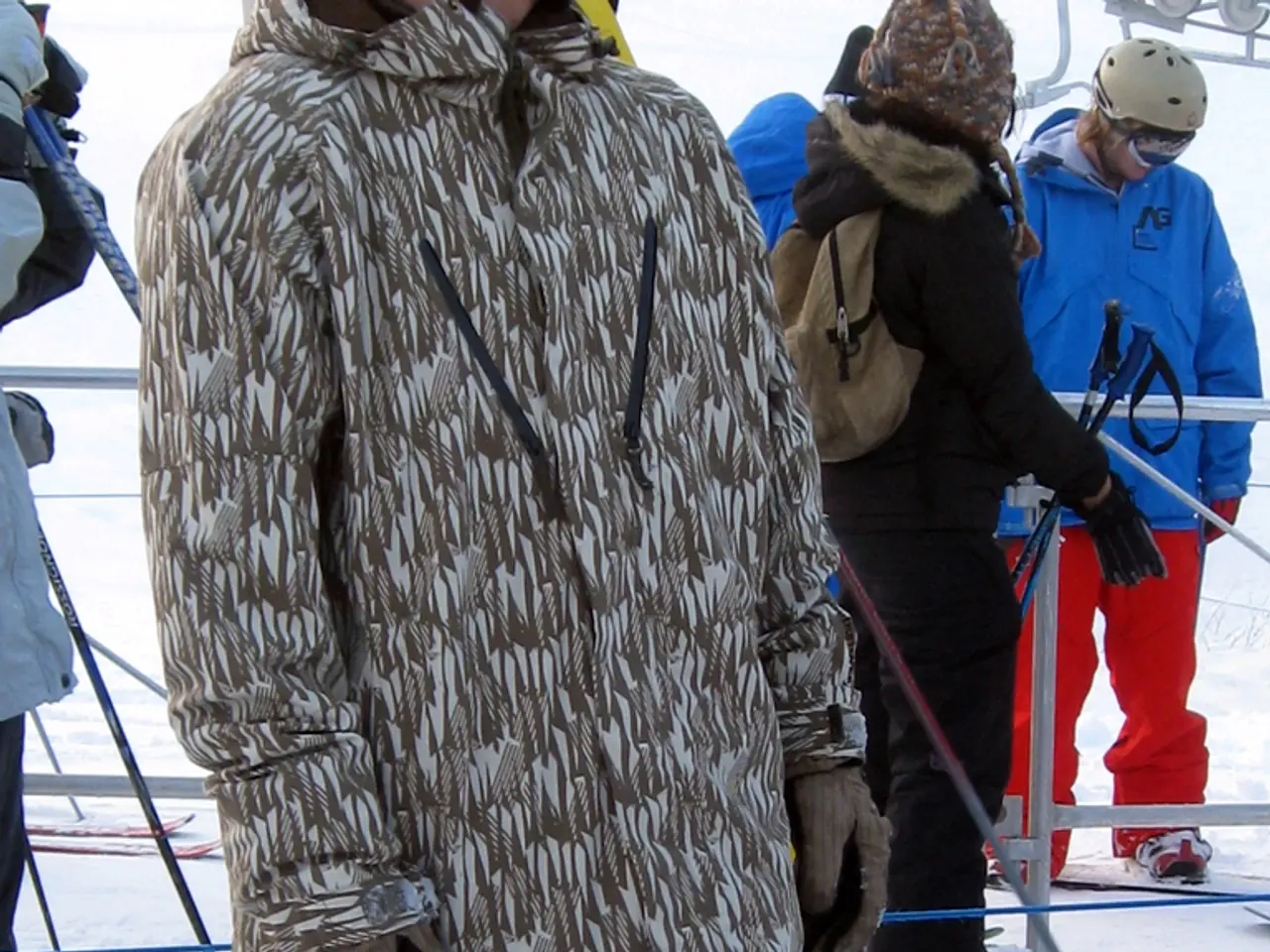Cold sores, also known as fever blisters: Explanation of origins, symptoms, remedies, and further information
**Managing Cold Sores: Understanding Their Impact and Treatment**
Cold sores, also known as fever blisters, can be a bothersome and uncomfortable symptom of oral herpes. While many people can manage outbreaks at home, it is essential to be aware of the potential complications and appropriate treatment options.
**Common Cold Sore Symptoms and Treatment**
Cold sores typically appear as small, blister-like lesions on the lips, chin, cheeks, nostrils, gums, or roof of the mouth. Before they burst and crust over, they often cause pain, a burning sensation, or itching. Over-the-counter antiviral creams containing acyclovir or penciclovir, such as Zovirax and Soothelip, can help shorten the duration of an outbreak when applied every 3-4 hours for 5 days. Over-the-counter pain relief options, like Orajel, Blistex, Cymex, and Anbesol, can also provide relief by reducing discomfort when applied with a Q-tip.
**Prevention Measures**
To prevent cold sores, it is advisable to avoid skin-to-skin contact, particularly during an outbreak, and to practice good hygiene, such as washing hands frequently and avoiding sharing personal items. Using a dental dam or condom during oral sex can also help reduce the risk of transmission.
**Potential Complications**
While cold sores are generally manageable, they can occasionally lead to complications, such as dehydration, herpetic whitlow (an infection of the fingers or toes), herpetic keratoconjunctivitis (an eye infection), encephalitis (inflammation of the brain), and vision loss. People with weakened immune systems should consult a doctor if they experience cold sores or other oral herpes symptoms.
**Immunocompromised Individuals and Oral Antiviral Medications**
For individuals with weakened immune systems or those who experience regular outbreaks, oral antiviral medications like valacyclovir (Valtrex), acyclovir (Zovirax), and famciclovir (Famvir) may be prescribed. These medications should be taken for 5 days to help manage the symptoms.
**Recognizing Early Indications and Quick Treatment**
Recognizing the early indications of an outbreak and using treatment right away can help manage cold sores effectively. Most people with oral herpes do not realize they have it until they experience cold sores or other symptoms. Some people may have only one outbreak, while others may experience reoccurring outbreaks for many years.
**The Prevalence of Oral Herpes**
Approximately 50% of people aged 14-49 years in the United States have HSV-1, making them more susceptible to cold sores. The virus does not leave the body, and while it remains inactive most of the time, it can periodically reactivate to cause cold sores.
In conclusion, while cold sores can be bothersome and disruptive, they are generally manageable with over-the-counter or prescription treatments. However, it is essential to be aware of potential complications and to seek medical advice if symptoms persist or worsen, particularly for those with weakened immune systems.
- HIV-positive individuals, who are immunocompromised, may experience severe and more frequent cold sores due to their weakened immune systems.
- In addition to oral herpes, people with Psoriasis, a chronic autoimmune skin disorder, may also develop non-digestive ulcers known as psoriatic ulcers.
- AQ, a predictive test for HIV and Syphilis, can be used to screen for these sexually transmitted infections.
- Alzheimer's disease, a degenerative brain disorder, is not directly related to cold sores, but mental health, particularly depression, is a common comorbidity in patients with the disease.
- Patients with NSCLC (non-small cell lung cancer) may also have weakened immune systems due to the impact of cancer and its treatment, making them more susceptible to cold sores and other immune disorders.
- Other autoimmune disorders like Lupus, Rheumatoid Arthritis, and Multiple Sclerosis can also affect the immune system, increasing the risk of cold sores and other immune-related medical conditions.
- Health and wellness encompass not only physical health but also mental health, skin care, and management of skin conditions like psoriasis.
- Advancements in science and medical research continue to improve the understanding and treatment of cold sores and other medical conditions.
- Before the introduction of Pre-Exposure Prophylaxis (PrEP), a medication that can reduce the risk of HIV transmission by up to 99%, routine screenings for STDs like oral herpes were crucial to maintain overall health.
- Shingles, caused by the varicella-zoster virus, is not directly related to cold sores but is another immune disorder that affects the skin, particularly in older adults and those with weakened immune systems.
- Other immunedeorders, such as herpetic whitlow, herpetic keratoconjunctivitis, and encephalitis, are potential complications of cold sores, particularly in immunocompromised individuals.
- Proper oral hygiene, regular medical check-ups, and maintaining a healthy lifestyle can help manage cold sores and other health-related issues, including other immune disorders and skin conditions.




